WARNING: Bacteria could be present due to raw flour and eggs

Licking the spatula may be tradition in your kitchen after mixing ingredients for cookies or cake, but is it safe to do?
Advertisement
Cleveland Clinic is a non-profit academic medical center. Advertising on our site helps support our mission. We do not endorse non-Cleveland Clinic products or services. Policy
The answer is simple: Hold off on tasting until those goodies finish baking.
There’s a danger in eating that unfinished deliciousness, a fact proven by multiple food poisoning outbreaks over the years. Registered dietitian Beth Czerwony, RD, explains why sampling raw dough or batter isn’t something you should mix into your kitchen routine.
Let’s make this simple: No.
Eating uncooked dough or batter can make you severely sick. The primary risk comes from flour. That’s right… flour. That fluffy powder may look innocent, but it should be viewed as a potentially dangerous “raw” food.
Flour is made from grain that is harvested and milled into the product sold at stores. During processing, flour is typically not treated to kill any potential bacteria that may have been picked up in the fields.
A lot of cows and other animals live near fields, and they do what animals do while ambling around in the great outdoors. That leads to possible contamination of the grain that’s turned into flour. Bacteria that could be present includes E. coli and salmonella.
The high heat that goes into baking something eliminates the threat of getting sick from the flour, which is why it’s OK to eat finished goods.
Advertisement
“Boiling, baking, roasting, microwaving and frying are common steps during food prep that kills bacteria,” says Czerwony. “But since raw dough undergoes none of these steps, it could potentially be contaminated. That’s a worry.”
Raw eggs included in most cookie and cake recipes add to the risk factor. Salmonella can lurk inside of eggs, passed on from poultry that carry the bacteria. The bacteria also may be present on the thin outer shell due to bird droppings.
Children, pregnant women, those with compromised immune systems and older adults are at greater risk for poisoning from salmonella bacteria that raw eggs can harbor.
“Whenever you consume or handle raw eggs, you increase your risk of salmonella poisoning,” says Czerwony. “You really want to be cautious and take steps to avoid contamination as much as possible.”
Nibbling on raw dough or licking batter before it hits the oven exposes you to some potential gut-churning outcomes that can start quickly. Signs of salmonella poisoning may begin within six hours of consumption. Illness from E. coli typically takes about three days to hit.
Resulting food poisoning symptoms could last up to a week and include:
E. coli infections also can lead to hemolytic uremic syndrome (HUS) and kidney failure.
The Centers for Disease Control and Prevention (CDC) has reported three multistate E. coli outbreaks due to flour or cake mixes since 2016. The outbreaks led to 100 illnesses and 27 hospitalizations. Many of those affected said they ate raw dough or batter.
(Side note, ready-to-eat products that include cookie dough — the most obvious example would be cookie dough ice cream — use a dough that has been treated to eliminate harmful bacteria.)
The risk of exposure to E.coli in unbaked flour is so great that the CDC warns against letting children use homemade dough for play or crafts — and that includes dough for holiday ornaments.
Even if your kiddo doesn’t eat the dough, they may put their hands in their mouths after handing it and transmit any bacteria that’s present.
To stay safe when baking or cooking with flour and eggs, follow these guidelines:
Advertisement
So resist the urge to lick the beater or spatula when whipping up baked goods, advises Czerwony. Let that treat thoroughly bake and enjoy it once it comes out of the oven. (Just allow it to cool, of course.)
Advertisement

Sign up for our Health Essentials emails for expert guidance on nutrition, fitness, sleep, skin care and more.
Learn more about our editorial process.
Advertisement

They’re full of calories and sometimes trans fats, which contribute to stomach issues, inflammation and a higher risk of having obesity and heart disease

This synthetic food dye must be removed from all foods by 2027 and from all medications by 2028 for health concerns

Stress, lack of sleep and not eating enough all contribute to sugar hankerings
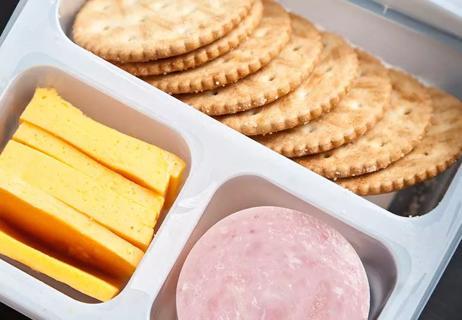
They’ve been altered to include fats, starches, sugars and hydrogenated oils
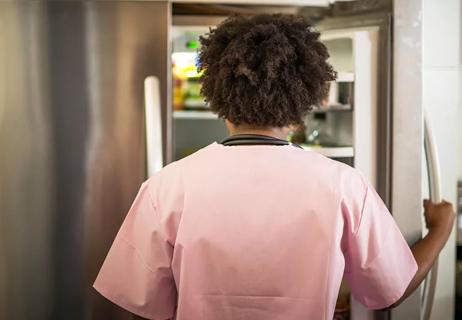
And how to recognize the signs of addictive eating
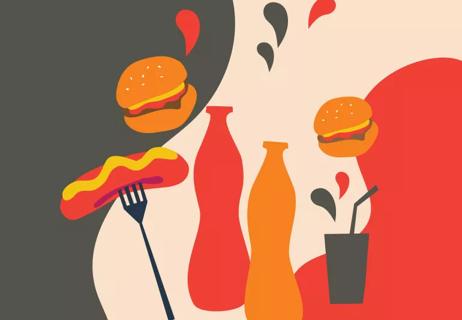
From your mood to your heart and your gut
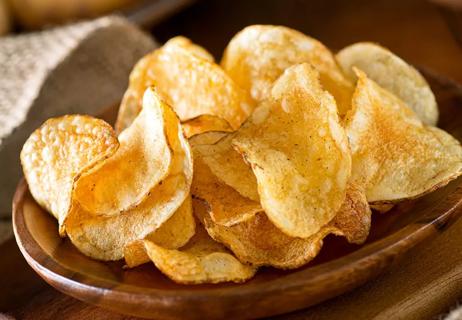
From rice cakes to veggie straws, their answers may surprise you
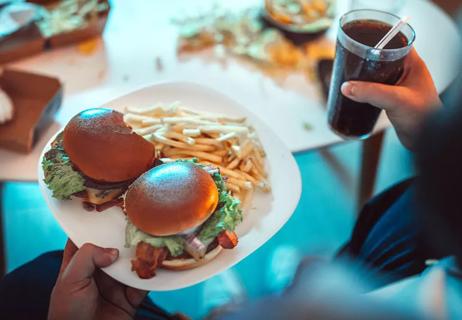
Practical tips for curbing cravings and smart swaps

Even small moments of time outdoors can help reduce stress, boost mood and restore a sense of calm

A correct prescription helps your eyes see clearly — but as natural changes occur, you may need stronger or different eyeglasses

Both are medical emergencies, but they are very distinct events with different causes